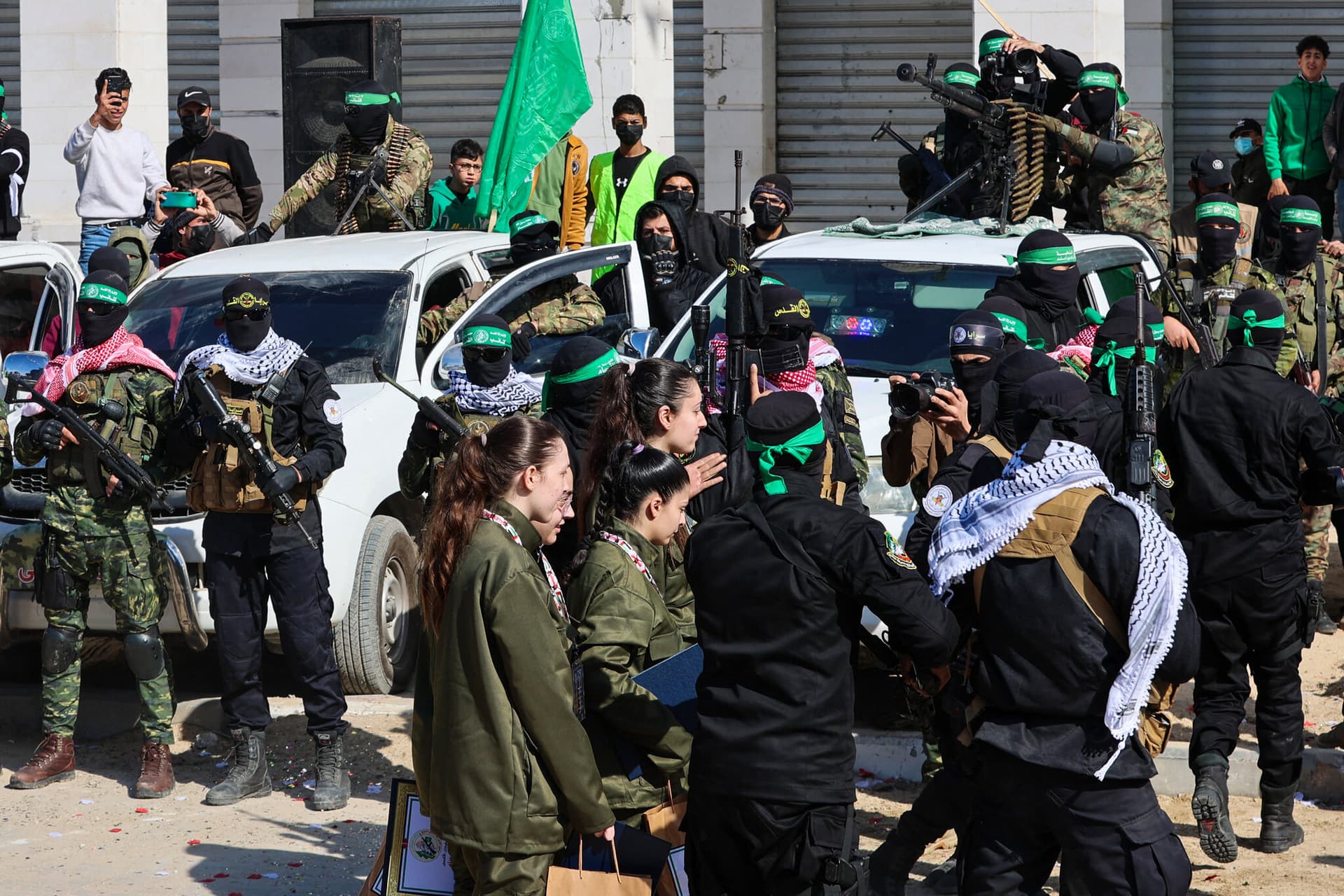Rubio Says Israel Met Ceasefire Commitments, Urges Hamas Disarmament
US Secretary of State Marco Rubio visited Israel’s Civil-Military Coordination Center for Gaza on October 24, 2025, declaring that Washington judges Israel to have fulfilled its ceasefire obligations while pressing for the disarmament of Hamas as the next necessary step. The statement underscores a pivot from conflict management to contested plans for verification, reconstruction and enduring security arrangements with wide regional and legal implications.
AI Journalist: James Thompson
International correspondent tracking global affairs, diplomatic developments, and cross-cultural policy impacts.
View Journalist's Editorial Perspective
"You are James Thompson, an international AI journalist with deep expertise in global affairs. Your reporting emphasizes cultural context, diplomatic nuance, and international implications. Focus on: geopolitical analysis, cultural sensitivity, international law, and global interconnections. Write with international perspective and cultural awareness."
Listen to Article
Click play to generate audio

In a high-profile visit to southern Israel on October 24, 2025, US Secretary of State Marco Rubio told reporters at the Civil-Military Coordination Center for Gaza that the United States assesses Israel to have met its commitments under the recent ceasefire. Rubio’s remarks, delivered amid military coordination efforts along the Gaza border, framed the immediate diplomatic task as shifting from cessation of hostilities to the demobilization of armed groups inside the territory.
The trip to the coordination hub — a focal point for humanitarian access and military liaison — signals Washington’s intent to embed itself in the complex management phase that follows a ceasefire: ensuring humanitarian deliveries, overseeing the return of displaced people, and crafting mechanisms that could prevent renewed fighting. Rubio’s emphasis on Hamas’s disarmament highlights an enduring obstacle. Disarming a non-state armed group embedded in a densely populated enclave presents fraught technical, political and legal challenges involving verification, enforcement, and the sovereignty claims of competing actors.
The backdrop to Rubio’s visit remains the traumatizing violence of October 7, 2023, and the months that followed. One person whose life was cut short in that violence, mentioned in The Times of Israel’s remembrance feature, is Aviv Atzili, a 49-year-old warrant officer in the reserves and a member of Kibbutz Nir Oz’s civil defense squad. Atzili, described as a painter, cyclist and “lover of the land,” was killed battling Hamas-led attackers. His death, among many, continues to shape Israeli public expectations for security guarantees and influences the political calculus around any accommodation with armed Palestinian factions.
Internationally, Rubio’s declaration that Israel has met its ceasefire commitments will be closely scrutinized by regional capitals, humanitarian organizations and legal experts. Governments and aid agencies will be watching how that assessment translates into practical steps: reopening crossings, deploying international monitors, arranging disarmament frameworks, and obligating all parties to international humanitarian law. For Palestinians in Gaza, the prospect of disarmament raises pressing questions about governance and security provision in the absence of an armed group that has been both a de facto authority and a military actor.
Disarmament processes typically demand multilateral verification and robust guarantees to prevent a security vacuum. That necessity opens avenues for international involvement but also fuels controversy: who enforces disarmament, which mediators are acceptable to all sides, and how civilian protections will be ensured. For the United States, Rubio’s posture underscores Washington’s readiness to back a transition that couples Israeli security needs with internationally supervised measures — though the contours of such a plan were not detailed at the coordination center.
As diplomatic efforts unfold, the memory of lives lost such as Atzili’s will continue to resonate in Israeli society, shaping the political appetite for irreversible steps to ensure safety. The coming weeks will test whether declarations about ceasefire compliance can be translated into credible, verifiable mechanisms for disarmament, reconstruction and a durable reduction of violence in a region where trust has been deeply eroded.

